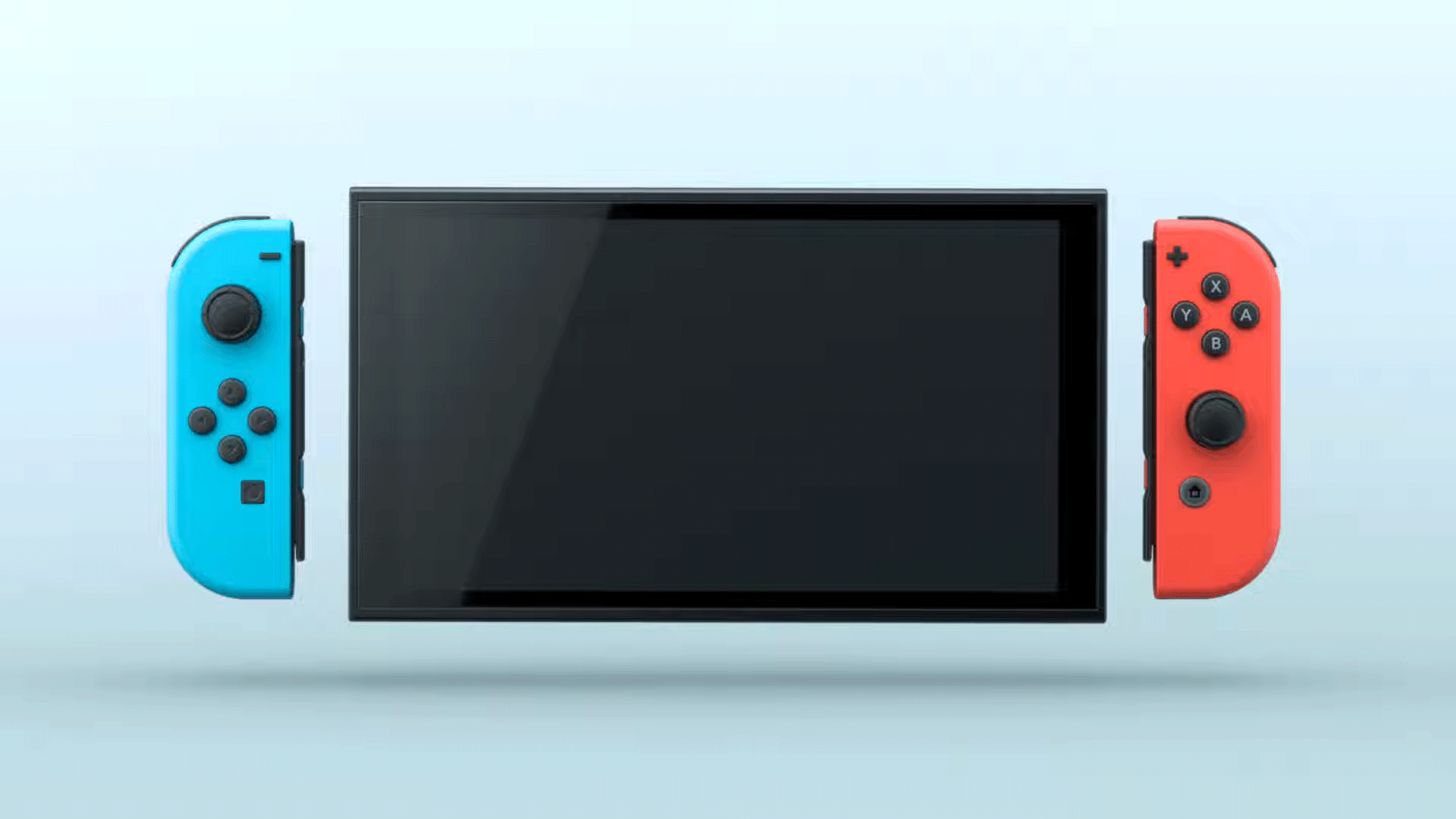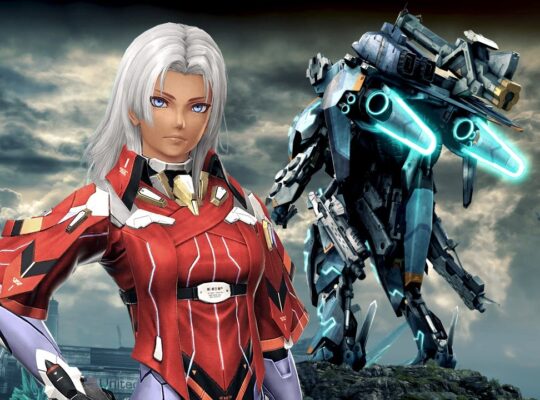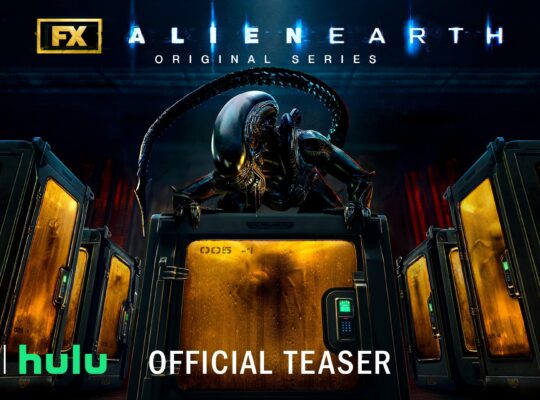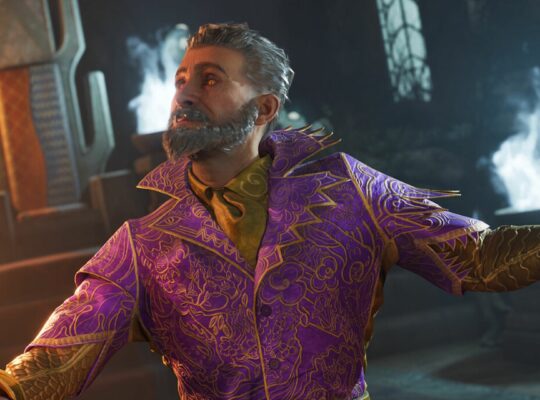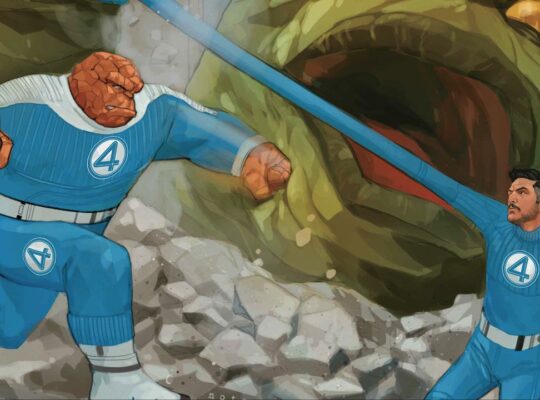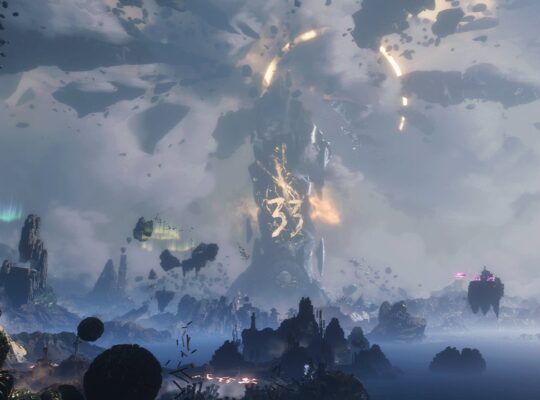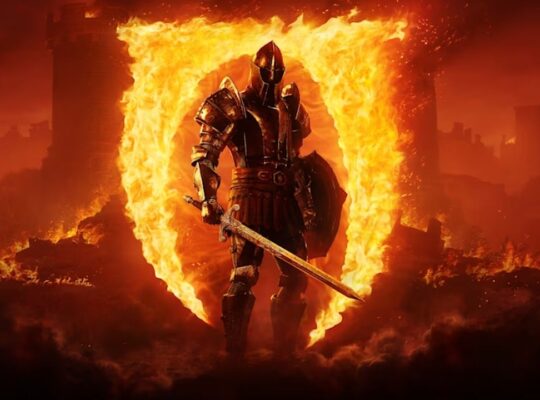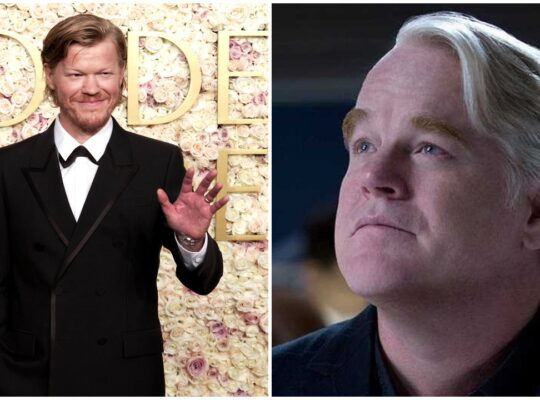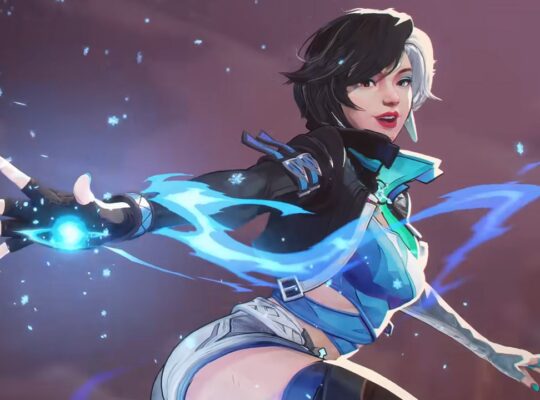The Nintendo Switch 2 was finally, officially announced this week, and while we now have answers to basic questions like “What is it?” and “What’s it called?”, there’s still plenty we don’t know. But even amid the lingering questions and wild speculation, there’s now enough info to start making some predictions about how this new hybrid console from Nintendo will resonate with audiences — and whether it will be able to overtake the original Switch and its 146 million units sold.
We could rampantly guess at these things ourselves here at IGN, or we could ask some experts what they think. We did the second thing, and spoke to seven professional analysts to get their initial takes on the Nintendo Switch 2: is it a good idea, is it going to sell, and what it needs to do to secure long-term success.
Successor success?
Overall, the tone from analysts I spoke to was positive, and largely in sync. Analysts told me that Nintendo’s move in making the Nintendo Switch 2 essentially a Nintendo Switch 1 but bigger and better was the correct play on Nintendo’s part. As Joost van Dreunen of NYU Stern and the Super Joost newsletter explained:
“Nintendo’s approach to differentiation appears carefully calibrated to maintain platform continuity while delivering meaningful improvements. Technical specifications may matter less than Nintendo’s proven ability to create compelling software experiences. The original Switch demonstrated that revolutionary gameplay innovation often emerges from creative software design rather than raw hardware capability. I expect the new design to appeal especially well to the first 25 million early adopters eager to upgrade.”
Circana’s Mat Piscatella agrees, with a caveat. Bigger and better is good for the many folks who want exactly that, but that means the Nintendo Switch 2 will struggle to attract an audience outside of that.
“The challenge is that the Switch has been a breakout success,” he says. “It is an outlier is many ways, including how much it has sold, and for how long it’s been selling. Some of the games that were released for it are, years later, still among the best-selling games each and every month. Can a successor that does not change the formula significantly really have a shot at repeating or expanding on that level of success? Well, it’s possible, but not probable.”
Piscatella summarizes a point that every analyst I spoke to landed on one way or another in my conversations with them: the Nintendo Switch 2 will likely do very well, and will probably even come out of the gate selling better than the original Nintendo Switch. But it will be very, very difficult for it to surpass its predecessor.
Let’s do the numbers
No one I spoke to thought that the Nintendo Switch 2 was going to be a flop, and in fact everyone is expecting a real home run of a launch. Dr. Serkan Toto of Kantan Games referred to the Switch 1 as “really, really old now” and said he thought its age would be sufficient to turn around an initial batch of 10 to 20 million unit sales fairly quickly to hardcore fans just on base improvements alone. But from there, things get a bit trickier.
Omdia’s George Jijiashvili is expecting the Nintendo Switch 2 to launch in the first half of 2025, with 14.7 million Nintendo Switch 2 consoles sold through in the calendar year. That’s more than the Nintendo Switch 1, which sold 13.12 units worldwide in its first calendar year on the market. However, Omdia also expects Switch 2 will eventually fall behind Nintendo Switch 1 sales after its third calendar year on the market, with Jijiashvili saying that surpassing the Switch 1’s lifetime totals would be “a very tall order.”
Piers Harding-Rolls, games industry analyst at Ampere, has a similar number, projecting over 13 million sales the first year. He notes that this is based on a $400 price point, which seemed to be roughly the ballpark all the analysts I spoke to were expecting. But he added that a price up to $500 likely wouldn’t inhibit 2025 sales.
And over a slightly different period, van Dreunen said he expected between 15 and 18 million units sold of the Switch 2 within the first 12 months, and between 55 and 60 million games sold. He pointed out that the expected Mario film release in April 2026 would help drive awareness. But he also expressed concern contrary to Harding-Rolls’ expectations that a higher price than $400, combined with possible tariff impacts in the United States, could influence sales meaningfully. As for out-selling the Switch 2, van Dreunen thinks the Switch 2 could manage it if Nintendo threads a careful needle.
“Surpassing the Switch’s remarkable success demands masterful execution across multiple dimensions. Nintendo must continue expanding its entertainment ecosystem while maintaining its core gaming excellence,” he says. “The convergence of gaming and broader entertainment, exemplified by the Mario movie’s success, provides a promising pathway. The company’s careful balance of innovation and accessibility and its expanding distribution channels create the potential for broader market penetration than its predecessor.”
Looking at the United States specifically, Piscatella has the Nintendo Switch 2 selling around 4.3 million units in the 2025 calendar year, with a ballpark of 14 to 17 million worldwide over the same period. He caveats that this is dependant on both the number of units actually made, but also where they’re sent. Rhys Elliott of MIDiA also pointed out that console supply could be an issue for Nintendo as companies continue to battle over fabricator space, though Jijiashvili suspects that the later-than-expected launch of the Nintendo Switch 2 was in part to counter that issue and may have ensured an improved launch supply.
First year, and beyond
Everyone I spoke to seemed to agree that after the initial year or so rush of Switch 2 sales things would slow down, but several did suggest there might be a path for Nintendo to outdo its original hit.
All of the analysts I spoke to emphasized the importance of a good software line-up to help the Nintendo Switch 2 succeed long-term. Elliott expects to see (alongside the new Mario Kart) a new 3D Mario, an upgraded Pokémon of some sort, and “likely some other surprises” in the console’s first year. He also points out that it’s been almost five years since Animal Crossing: New Horizons. Toto also mentioned the importance of a 3D Mario as a “system seller”, as well as a Zelda, and van Dreunen echoed those same games as necessities.
Alongside that, the Nintendo Switch 2 has backward compatibility with its predecessor, which every analyst agreed was a good move on Nintendo’s part. Harding-Rolls called it “non-negotiable” in this day and age, though he also noted that it may inhibit some users upgrading and slow sales of the Switch 2. Toto points out that Nintendo has sold over one billion Nintendo Switch games, which will now be playable on the Nintendo Switch 2. And Jijiashvili notes that Nintendo clearly recognizes this feature as important, given that Nintendo confirmed it even before the teaser today. “Many would find the idea of abandoning their prized digital and physical libraries completely unacceptable in 2025, given all other console and PC platforms now offer persistent game ownership when upgrading hardware,” he says.
Third-party support was also mentioned by several analysts as critical, but Elliott suggests Nintendo is already set up for success here. “Except for Ubisoft, many third-party publishers were late to the party with the original Switch, scared off by the Wii U’s underperformance,” he says. “Things will be different for the Switch 2, and third-parties will get in on the ground floor.”
“The Switch 2 offers up a springboard for third-party developers to extend the lifecycles of their game catalogs, promising engagement and revenue boosts for third-party developers big and small. It will be an opportunity for EA, Ubisoft, and the like to extend the product life cycles of their older PS4 and Xbox One-era games. Speaking of which, Xbox and even PlayStation have been [launching more] games on the Switch. I expect this will ramp up on the Switch 2 as these companies continue their off-platform strategies. I can already play Halo on my Steam Deck. I expect I’ll be able to play it on my Switch 2 one day, too.”
Systematic Switch
A few other topics came up when speaking with analysts that are worth mentioning in regards to the Nintendo Switch 2. Simon Carless of GameDiscoverCo was extremely interested in how the old Nintendo Switch catalog would be integrated — would previous-gen Switch games be fully integrated into eShop charts and browsing, or would there be separate shops? Discoverability will be a crucial factor with regard to long-term third-party support, as well as how Switch 2 games sell.
Van Dreunen also brought up questions around Nintendo’s approach to digital services and online infrastructure, areas where its competitors have typically had the advantage. And everyone wants to know how much the thing costs, though the folks we spoke to largely seemed to coalesce around a $400 price point for the purposes of making predictions now.
One more thought that cropped up a few times when speaking with analysts was the notion that Nintendo might still have a “surprise” or a “trick” up its sleeve somewhere that could potentially propel the Nintendo Switch 2 to new heights. Both Piscatella and Elliott mentioned this, with Elliott suggesting it might be something like the rumored Joy-Con mouse functionality. Harding-Rolls also alluded to the possibility of “unobvious technology innovations” that could shift the forecast. Without knowing what this could be yet, it’s impossible to make predictions around it, but the air of mystery could still throw everyone’s predictions for a loop.
Taken all together, the vibes around the Nintendo Switch 2 are looking pretty positive. It’s not a wild swing for the fences like some may have hoped, but after the riotous success of the Nintendo Switch 1, who can really blame Nintendo? Its safe bet looks poised to pay off at least in the short term, and likely won’t be a disaster long-term either. As Piscatella put it: “for the moment, it’s fine. Good, even. But it’s also the safe way to go. For better and worse.”
Rebekah Valentine is a senior reporter for IGN. You can find her posting on BlueSky @duckvalentine.bsky.social. Got a story tip? Send it to rvalentine@ign.com.


